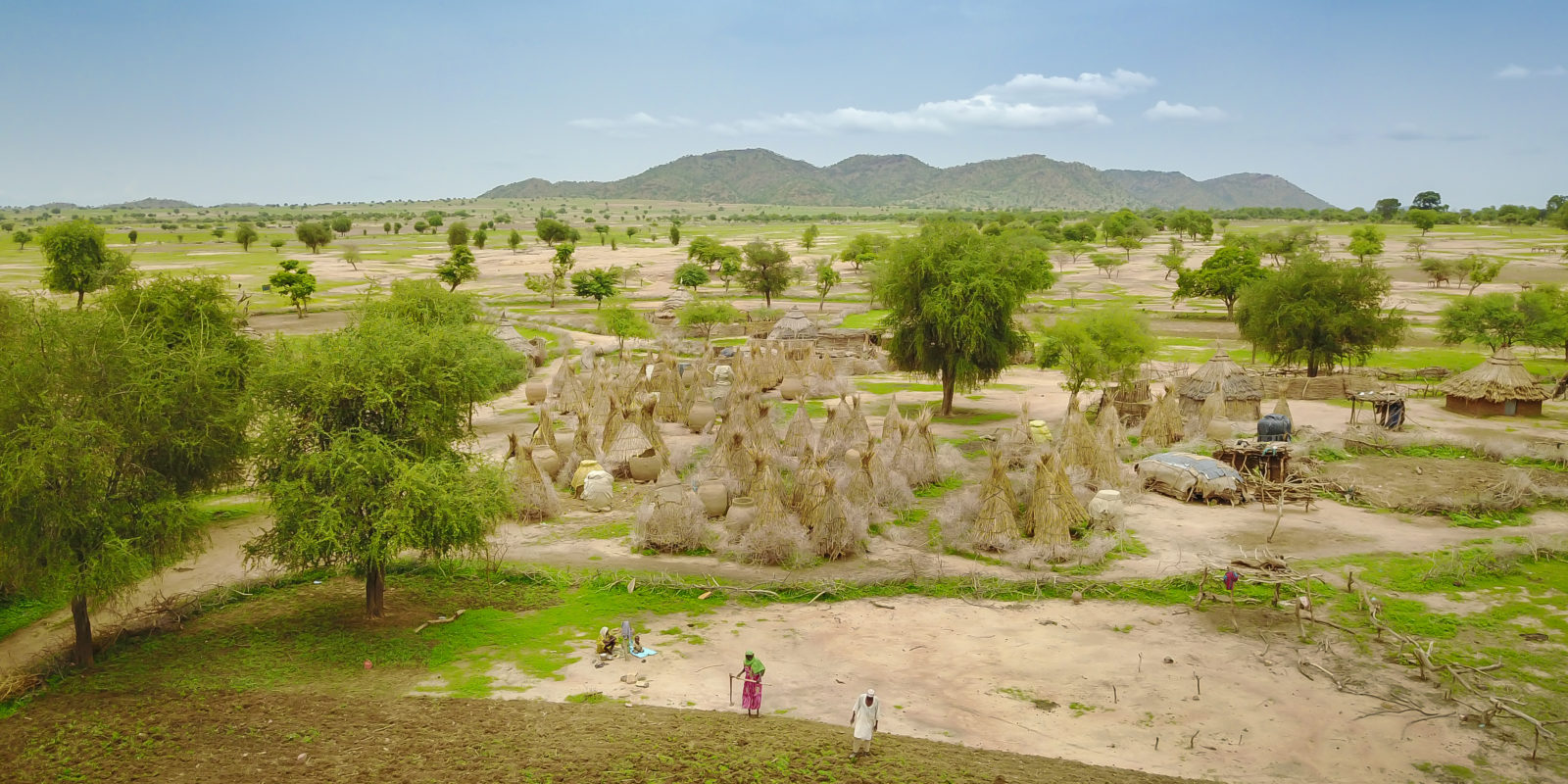Complex problems demand complex solutions — and the communities who live in some of Chad’s more isolated areas face a wide variety of challenges, including droughts, flooding and food crises. Concern is leading a group of partner organizations that is helping them find a wide variety of solutions.
The Republic of Chad straddles that invisible line dividing the green and brown zones of northern Africa on a map. The north is desert and barely inhabited, the south is a fertile Savanna landscape, providing much of the country’s food crops. In the center lies what’s known as the Sahel, a hot and arid region where rainfall is erratic and life is tough. This is where Concern works.
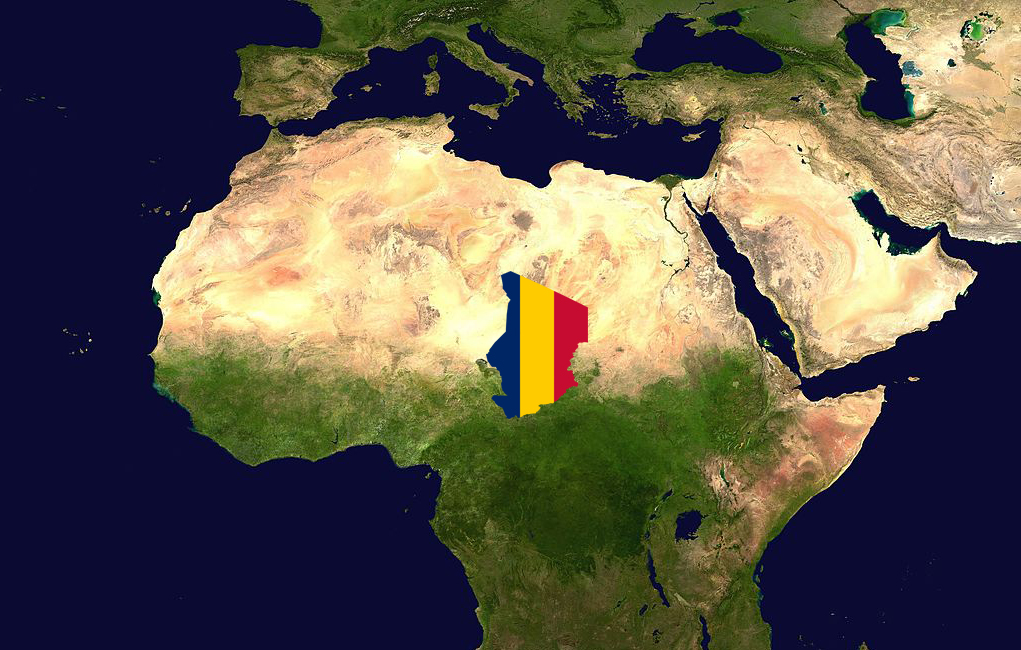
Life on the edge
“The only grains that grow here are hardy varieties of millet and sorghum,” explains Concern’s Abakar Hassab. “Most families traditionally survive on a combination of grain and livestock such as sheep, goats, and camels.”
“Three years ago a good harvest would be 11 or 12 sacks of grain — now we are getting 25 sacks,”
For people like Ousman Zakariya it can be a precarious existence, very much at the mercy of an unreliable climate. Even in a good year, there’s often only just enough food to get by. A bad rainy season can be disastrous and many families here have experienced long hungry months in the wake of a poor harvest. But lately things have begun to dramatically improve for the Zakariyas and their neighbors in Ridjil Dour.
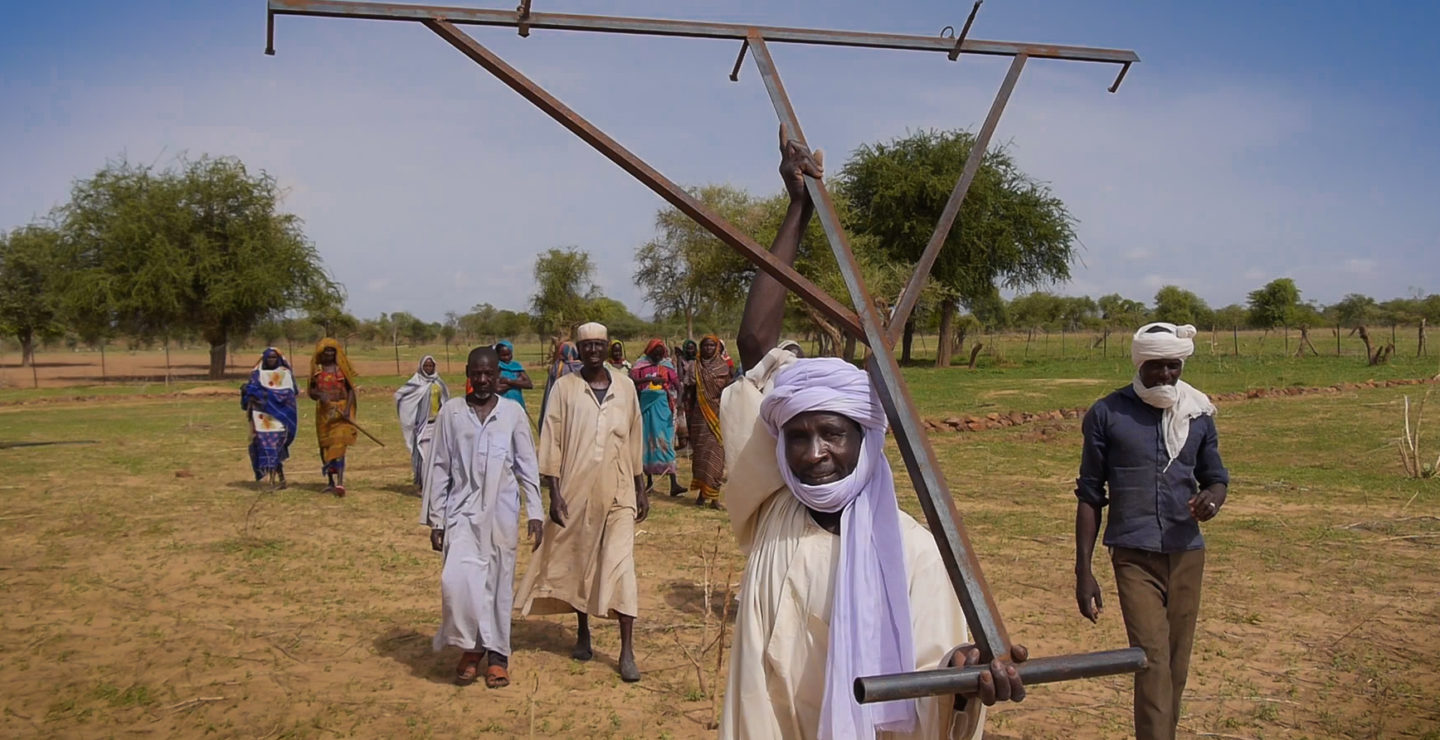
“Three years ago a good harvest would be 11 or 12 sacks of grain — now we are getting 25 sacks,” Ousman says. “When Concern first came to the village looking for people to try CA, I said why not?”
“It's been so successful, I've forgotten how I used to farm.”
CA is conservation agriculture, the main elements of which include the digging of holes instead of ploughing, the use of natural fertilizers, and protection of the soil using the discarded stalks from last years crop. In climate-challenged areas it has proved hugely successful, and people like Ousman are now taking a lead role in advocating and training other farmers in these methods. “People are interested and want to see and hear,” he says. “It's been so successful, I've forgotten how I used to farm.”
Many moving parts
But CA is just one element of what’s happening here in the Sila region of Chad. Concern is the lead agency in a group of NGOs working under the banner BRACED (Building Resilience and Adaption to Climate Extremes and Disasters.) The group also includes Tufts University and the World Agroforestry Centre (ICRAF), and funding is provided by the U.K. government's Department for International Development (DFID). “We spend a lot of time with communities, finding out what their biggest challenges and vulnerabilities are in all aspects of life, and then working with them to come up with effective and sustainable solutions,” according to Isaac Gahungu of Concern.
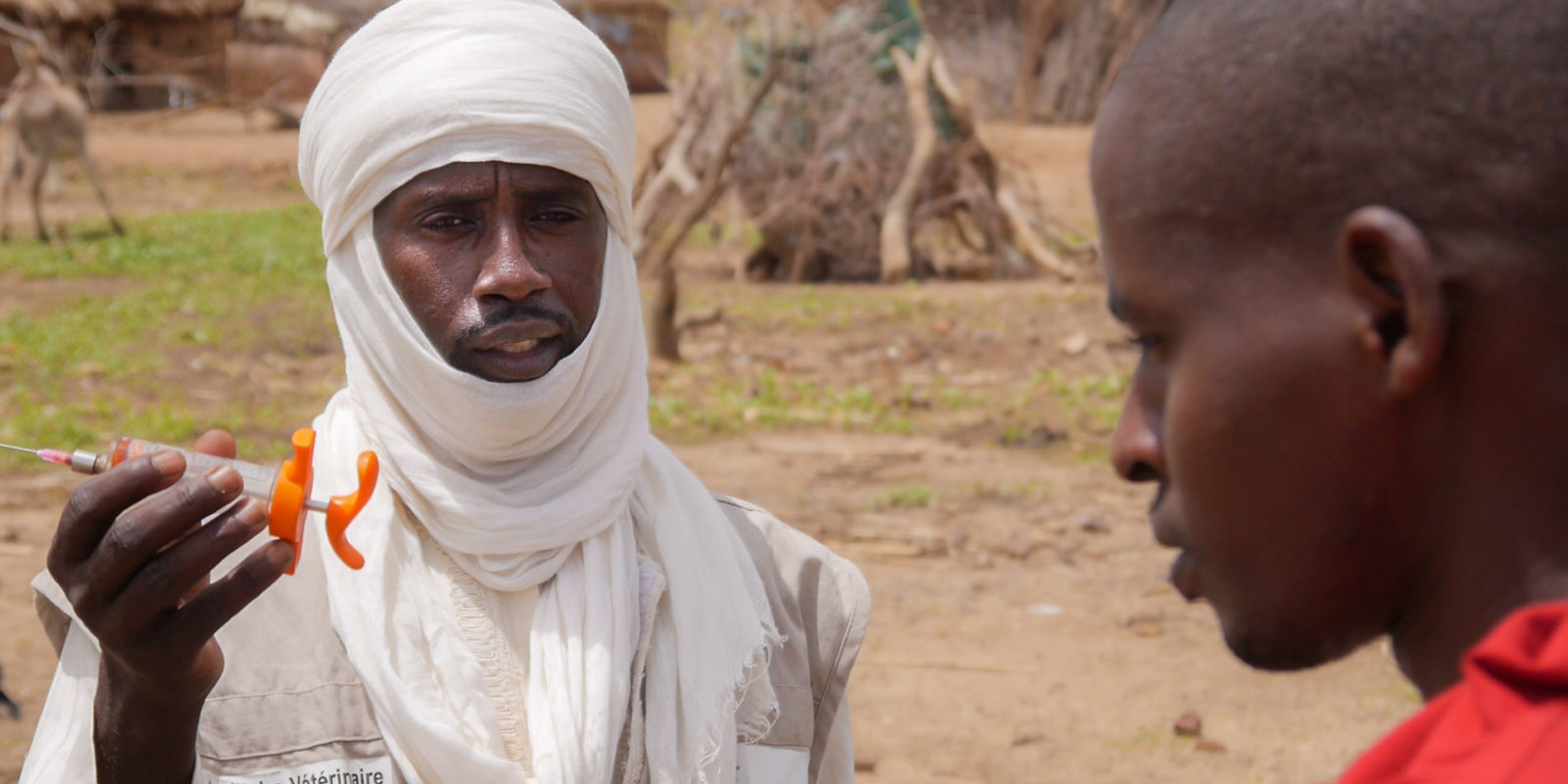
And those solutions are invariably community based, involving local people serving the needs of their own community. People like Hassan, who has been trained in small animal medicine and now provides a basic veterinary service for pastoralists. He got a starter kit from Concern and is paid the cost of medicines by his clients — who also happen to be his neighbors. Why does he do it? “I want to help my community,” he says.
“When I began there were nine cases of severe malnutrition — now there are only two, and they are being treated.”
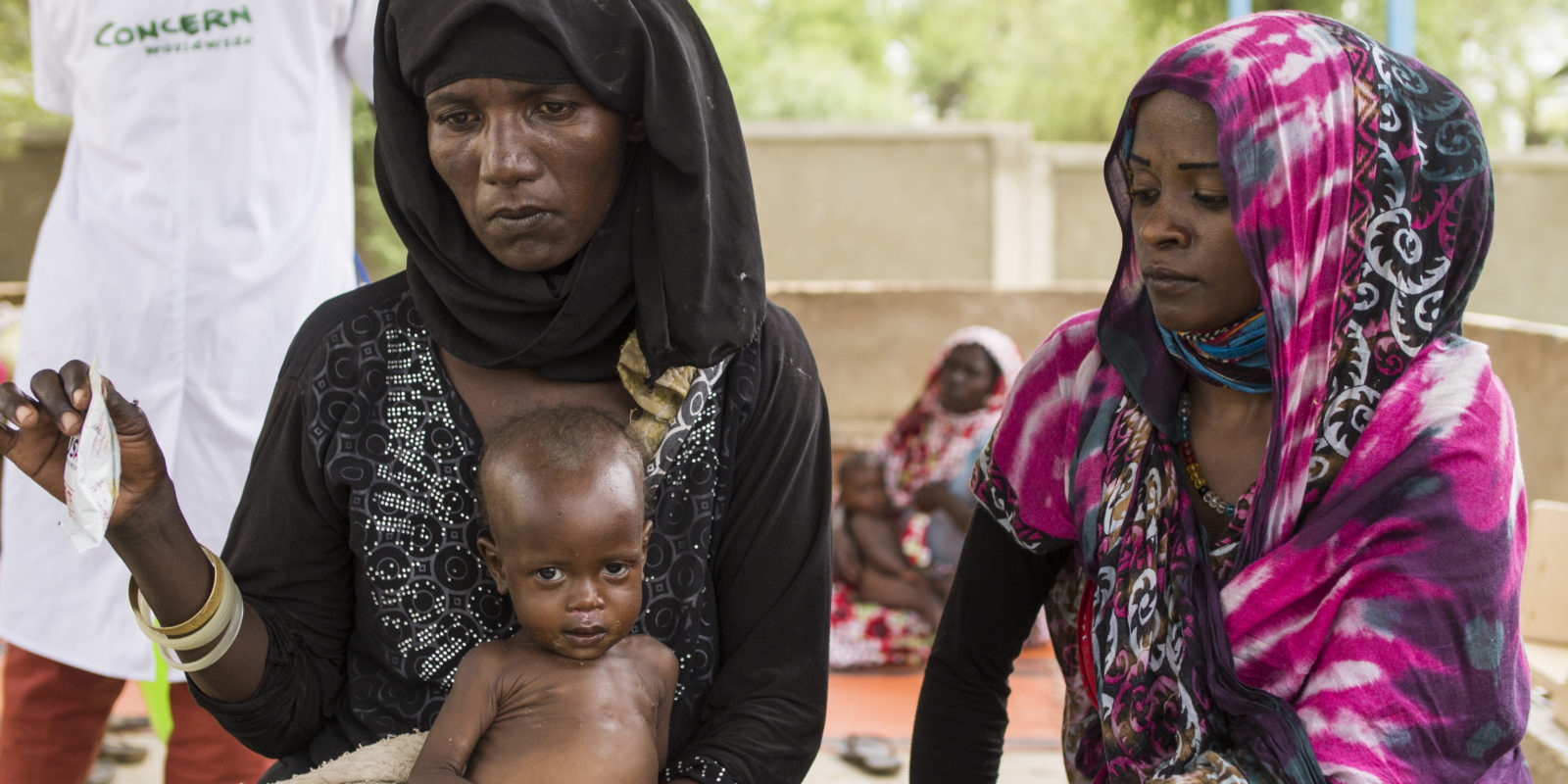
Iklass Mahamat Tom regularly visits ten households in Koutoufou to screen children for malnutrition and advise mothers on best practice in feeding and hygiene. She is a community health volunteer, referring and accompanying serious cases to the local clinic. “When I began there were nine cases of severe malnutrition (in the village) — now there are only two, and they are being treated,” she reports.
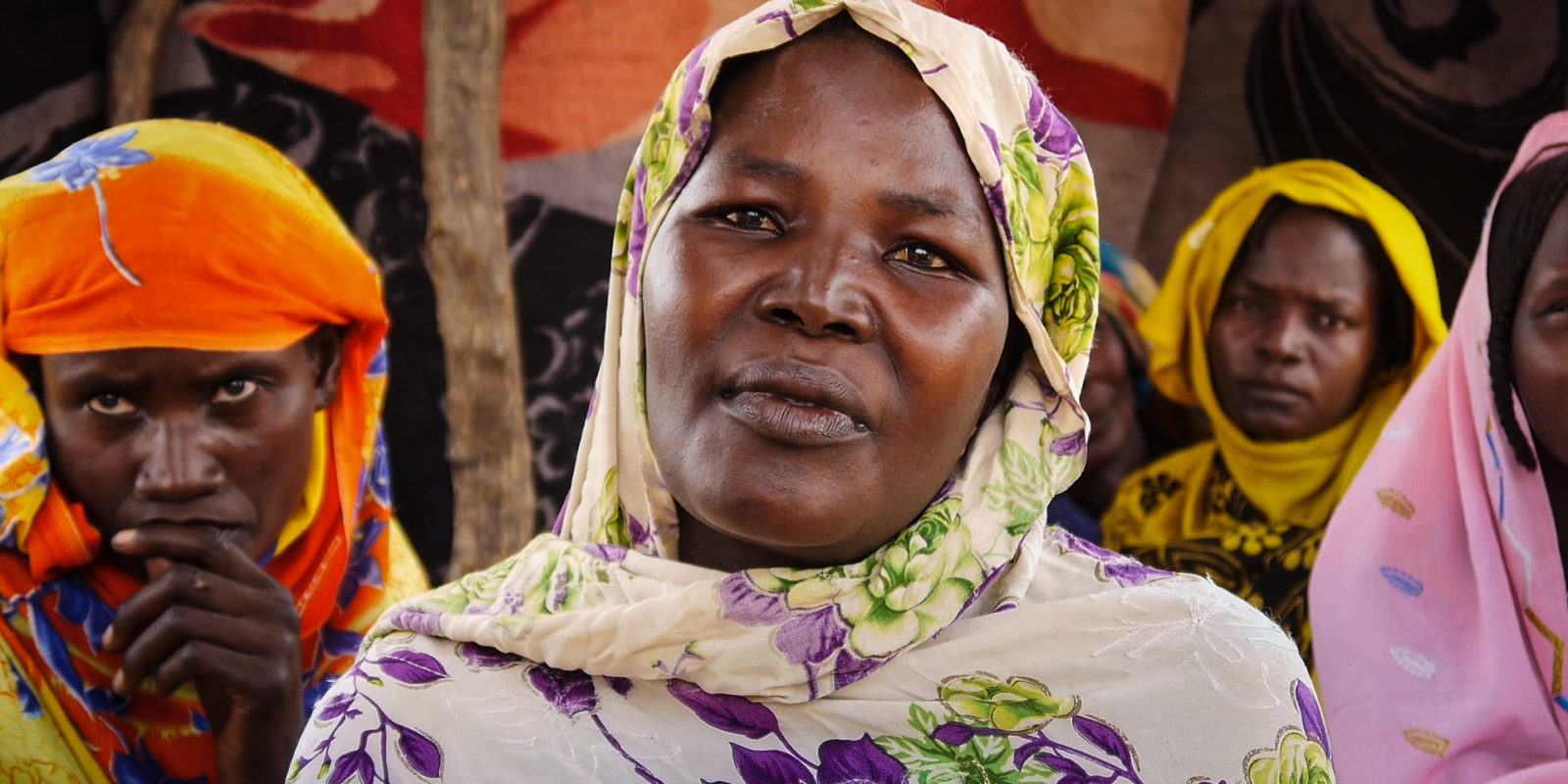
Achta Brahim leads the women’s self help group in Korore village. They are twenty in number and initially received seeds and training from Concern to start a small vegetable growing co-op. Achta says, “We never grew onions before, but last year we grew and harvested 18 sacks of onions and 50kgs of garlic. We use some for cooking and when the price is high we sell the rest for a good price.” The money is pooled as a community resource to be used in difficult times.
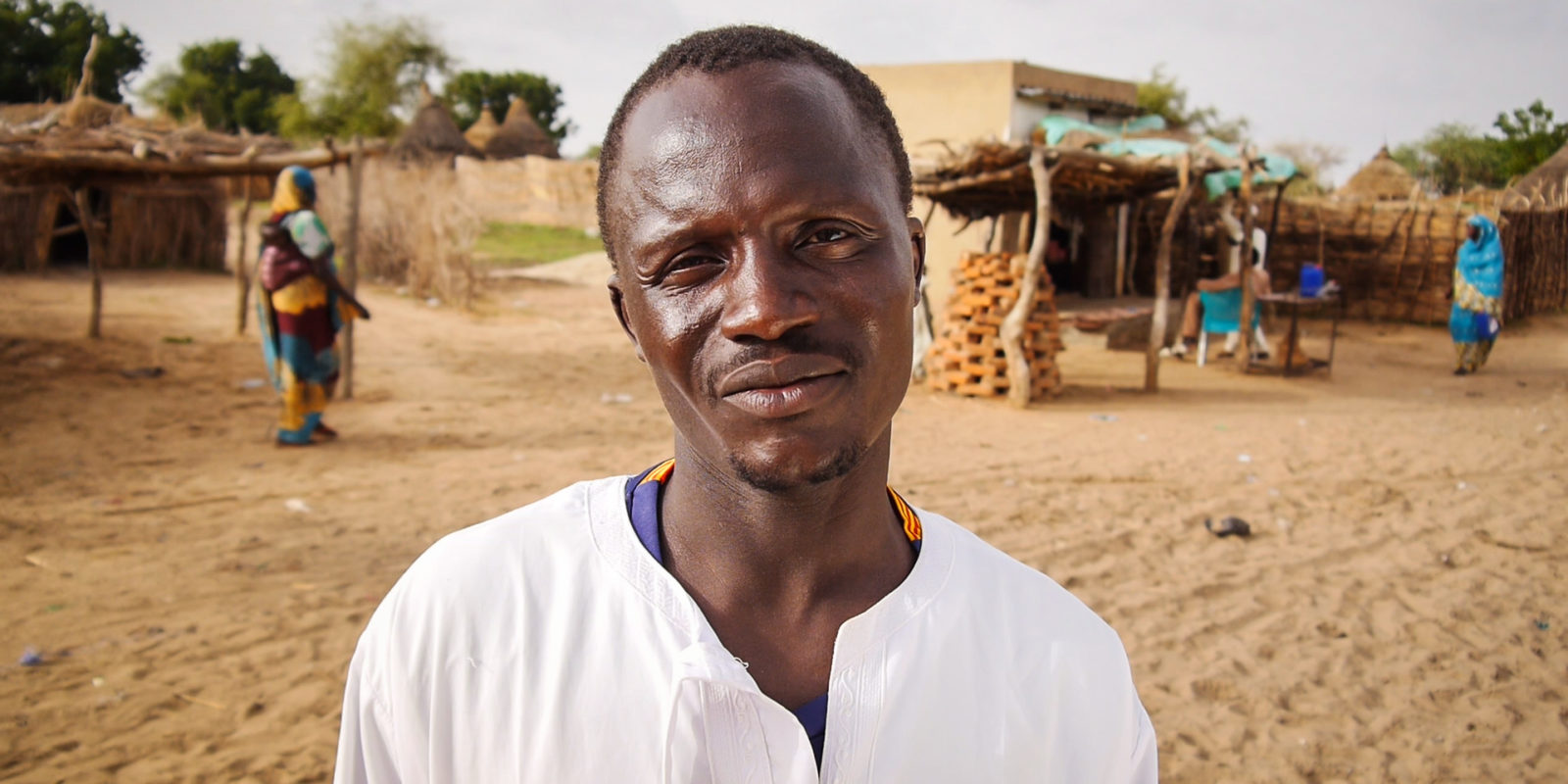
Hassan Ismail is one of five people — three men and two women — who comprise the disaster risk reduction committee in his town. With Concern’s help, they have developed a detailed plan for dealing with all sorts of potential emergencies, ranging from drought to conflict, and have mobilized the community to be prepared. They monitor markets, share intelligence with surrounding villages, manage a community emergency relief fund, and have secured a communal plot to produce millet for those affected by crop failure.
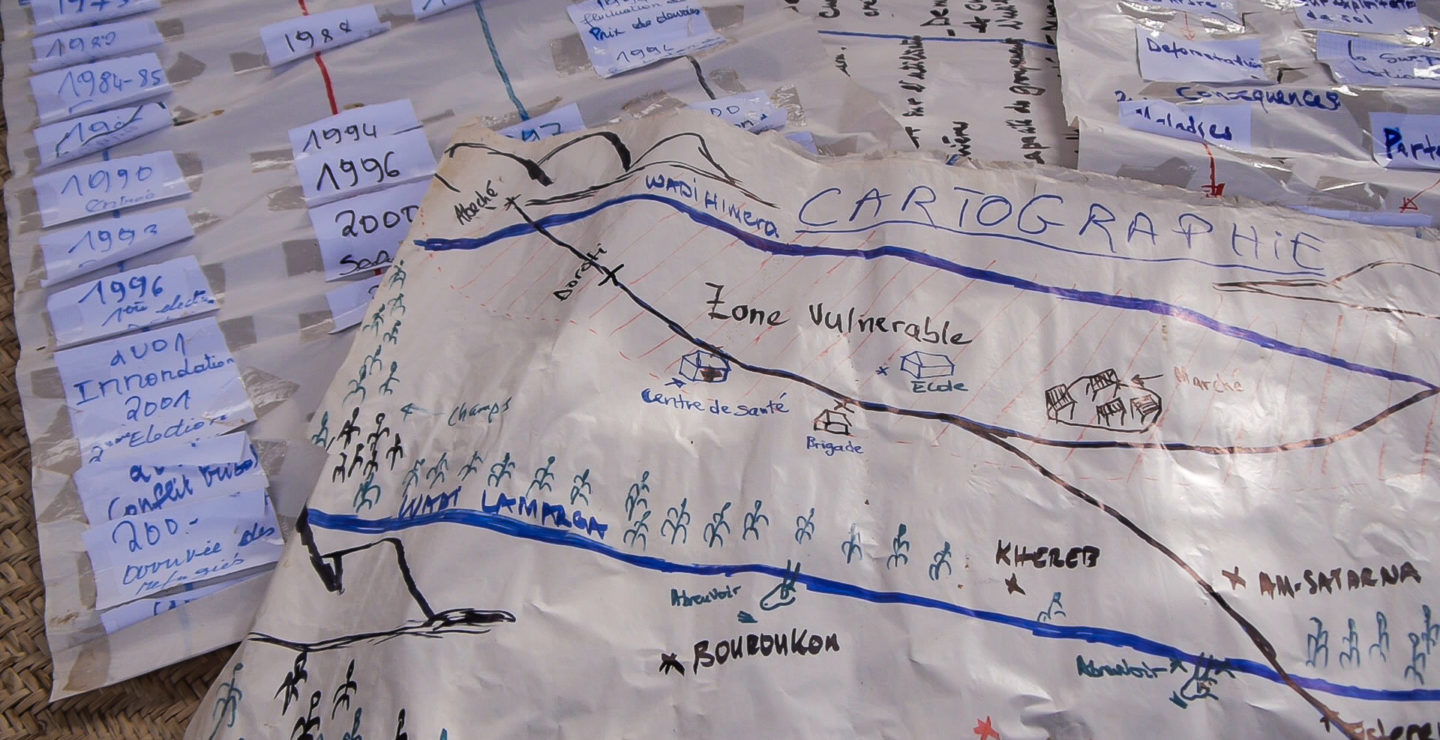
Transformation
There are lots of other elements to the BRACED resilience work with the communities of Sila, including water management, agro-forestry, and life-skills training for women and girls. “Each activity is important in itself,” according to Isaac Gahungu of Concern, “but collectively we believe they are having a transformative effect on people's lives here today... and will transform the future too.”
